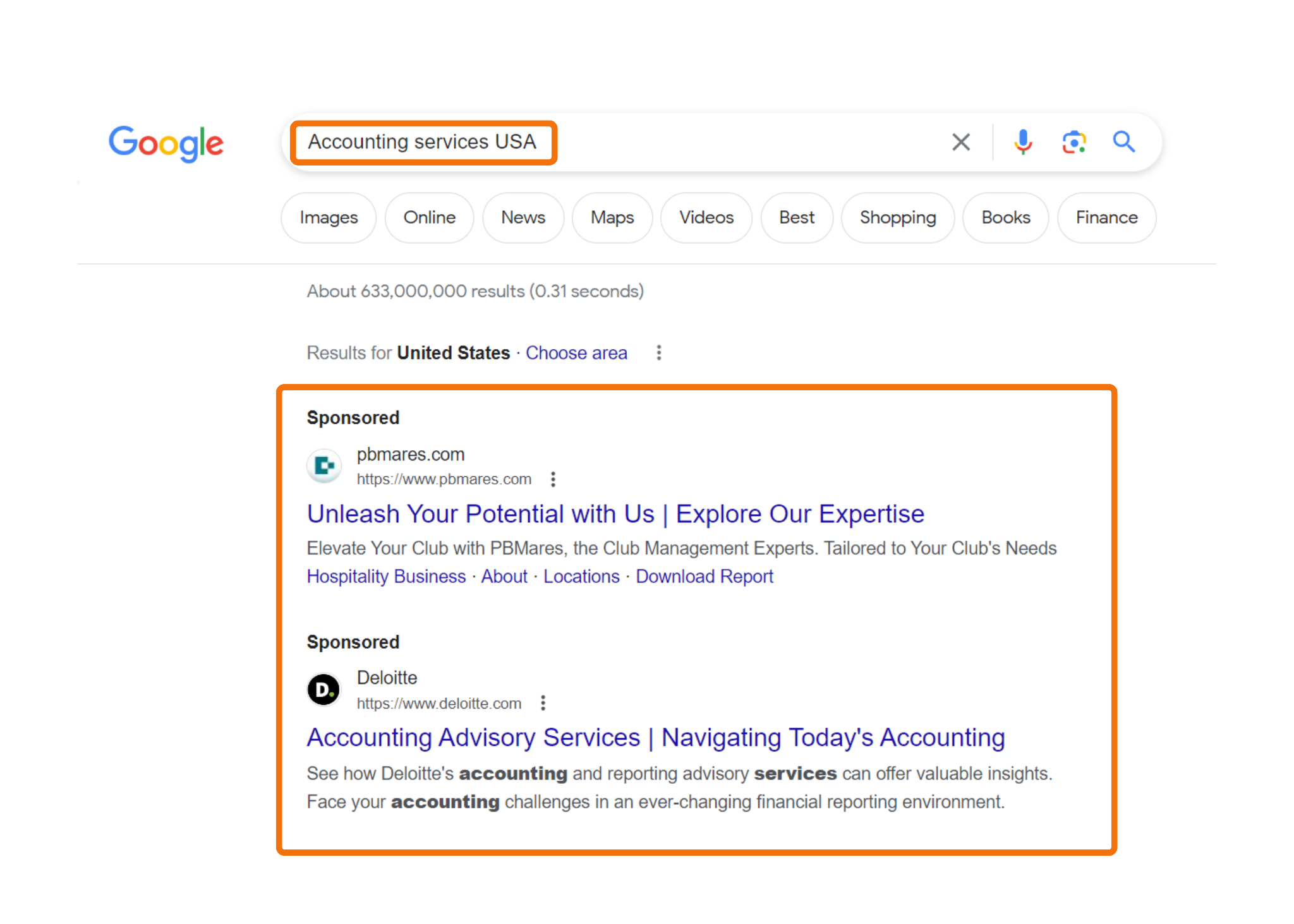Imagine you have a lemonade stand. How do you let people know you’re open for business and where to find you? In the digital world, businesses use something called PPC, or Pay-Per-Click, to advertise online. It’s a way to tell everyone, “Hey, come check out what we have!” but in a more modern way. This guide will take you through what PPC is, why it’s important, and how to get started. Whether you’re just opening your “lemonade stand” or looking to attract more customers, this post is for you.
What is PPC?
Pay-Per-Click (PPC) is a part of online marketing where businesses pay a fee each time someone clicks on their ad. It’s like paying a small price for every customer who walks through the door, but in this case, the door leads to your website. PPC helps your ads show up when people search for things you offer on the internet, like if someone searched for “best lemonade near me.”

For more insights, Google offers a straightforward explanation in their guide on How Google Ads works.
Why is PPC Important?
PPC is like having a megaphone for your business on the internet. Here’s why it’s so cool:
- It’s Fast: You can start showing your ads to people quickly.
- You’re in Control: You decide how much you want to spend and who sees your ads.
- It’s Measurable: You can see how many people are looking at your ads and what they do after clicking them.
A study by WordStream highlights that, on average, businesses make $2 in revenue for every $1 they spend on Google Ads. Check out their fascinating PPC stats for more.
Getting Started with PPC
1. Set Clear Goals
First, know what you want. Do you want more visitors to your website? More sales? Setting goals helps you make a plan.
2. Understand Your Audience
Who wants your lemonade? Understanding your audience helps you make ads that speak to them. Think about what they like, where they hang out online, and what words they use to find your products.
3. Choose the Right Keywords
Keywords are the words people use in their online searches. Picking the right keywords is like putting up signposts that guide people to your business.
4. Create Your Ads
Make ads that tell your audience why your lemonade (or any product) is the best. Be clear and inviting.
5. Manage Your Budget
Decide how much you want to spend daily or monthly on your ads. Starting small can be a good way to learn what works best.
6. Analyze and Adjust
Check how your ads are doing. Are people clicking on them? Are they buying your lemonade? Use what you learn to make your ads better.
For beginners and those seeking to refine their approach, Search Engine Journal’s guide on PPC marketing is a treasure trove of tips and strategies.
Examples of PPC Success
- Google Ads: The biggest platform for PPC, helping businesses show up in Google’s search results.
- Facebook Ads: Great for targeting specific interests and demographics, making it ideal for businesses looking to connect with a certain audience.
HubSpot shares some inspiring PPC case studies of businesses that have seen great success with their PPC campaigns.
Closing Thoughts
PPC can be a powerful tool in your marketing toolbox, helping you reach more people online and grow your business. By understanding what PPC is, why it matters, and how to get started, you’re setting the stage for success. Remember, the key is to learn and adjust as you go, always aiming to make your next ad campaign even better than the last.
Next Steps
Ready to dive deeper into PPC and how it can help your business shine online? Explore more advanced strategies and tips by visiting Advanced PPC Strategies and start crafting campaigns that make your audience take notice. Let’s make your “lemonade stand” the talk of the town!





Leave a Reply